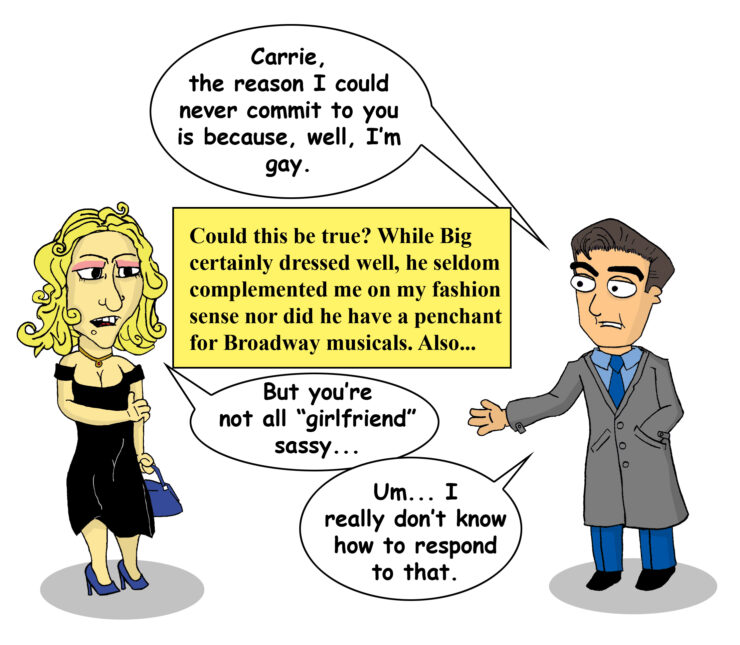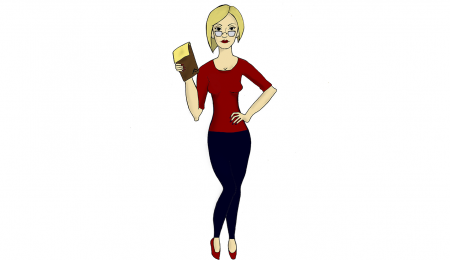 SINCE SEPT. 21, 1998, when then-hit sitcom Will & Grace hit American airwaves, straight women in North America have had an obsession with obtaining a gay male friend of their own. Even before the show popularized the idea of the gay man and straight woman inseparable duo, the concept of appropriating a homosexual counterpart was considered a significant social achievement for heterosexual women.
SINCE SEPT. 21, 1998, when then-hit sitcom Will & Grace hit American airwaves, straight women in North America have had an obsession with obtaining a gay male friend of their own. Even before the show popularized the idea of the gay man and straight woman inseparable duo, the concept of appropriating a homosexual counterpart was considered a significant social achievement for heterosexual women.
According to Ellis Hanson, Cornell University professor and resident gender studies expert, the unique relationship shared between openly gay men and straight women has been a cultural phenomenon for quite some time.
“Television has been oddly fascinated with intense friendships between gay men and straight women,” said Hanson in a 2006 interview with Peter Fritch of Kitsch magazine. “An important cultural tradition of women (straight and otherwise) in loving relationships with gay men [is nothing new].”
Darren Sharp, University of Ottawa student and YouTube celebrity of AGayADay fame, thinks this continued obsession with gay men as social possessions has something to do with the fact that homosexuality is something hetero culture can’t understand.
“Gay culture is still kind of foreign to mainstream society,” he explained. “Obviously that’s changing, but aside from some television and film characters, gay men in the entertainment industry are still kind of archetypal.”
Sharp believes the foreignness of gay culture makes it intriguing, mysterious, and something straight women want to find a way in to.
“In this sense, the gay man becomes objectified and something to be obtained; a status symbol, in a way,” said Sharp. “You don’t understand how many times I’ve had girls treat me like Kurt Hummel [of Glee] as soon as they realize I’m gay.”
Sharp argues the fault, however, doesn’t entirely lie on the Grace side of the equation. The Wills are guilty, too.
“Gay men are guilty of perpetuating this too; I’d be lying if I said I didn’t play up my sassier side when in a group of females,” he explained. “But it shouldn’t be an assumption that just because I’m gay I’m obligated to play Brad Goreski to some girl’s Rachel Zoe.”
But is it fair to assume just because gay men and straight women fall into archetypal roles in each other’s company that fulfilling a social stereotype is all there is to these friendships? As Sharp suggests, there could be a lot more to this cultural obsession with gay men than Will & Grace let on.
“The gay rights movement is the biggest social issue of our time,” he said. “I wouldn’t call it an ‘explosion,’ but there’s definitely been an increase in gay characters and gay topics being covered in the media, which I think leads to the sort of ‘fascination’.”
As Julia Vu, another Kistch magazine interviewee, explained about her own tendency to seek out gay men as her closest friends, sometimes it’s not about sexuality at all, but merely the man beneath the gay title.
“How I see it is that my friends and I have similar interests and our interests bind us together,” said Vu. “When I hang out with my gay friends or my straight friends, our personalities have a dialogue.”
—Jaclyn Lytle





